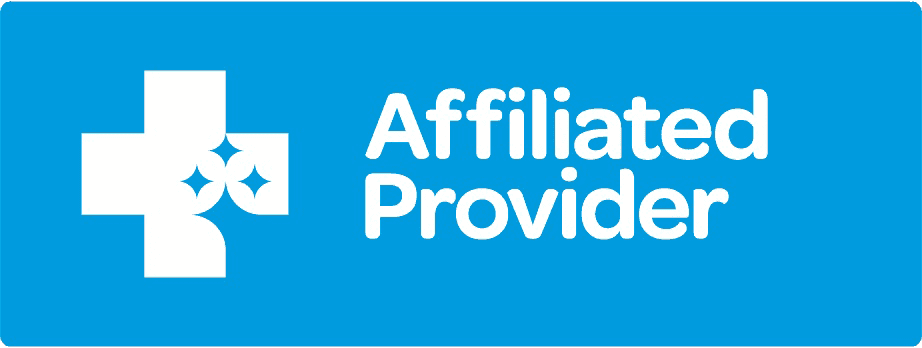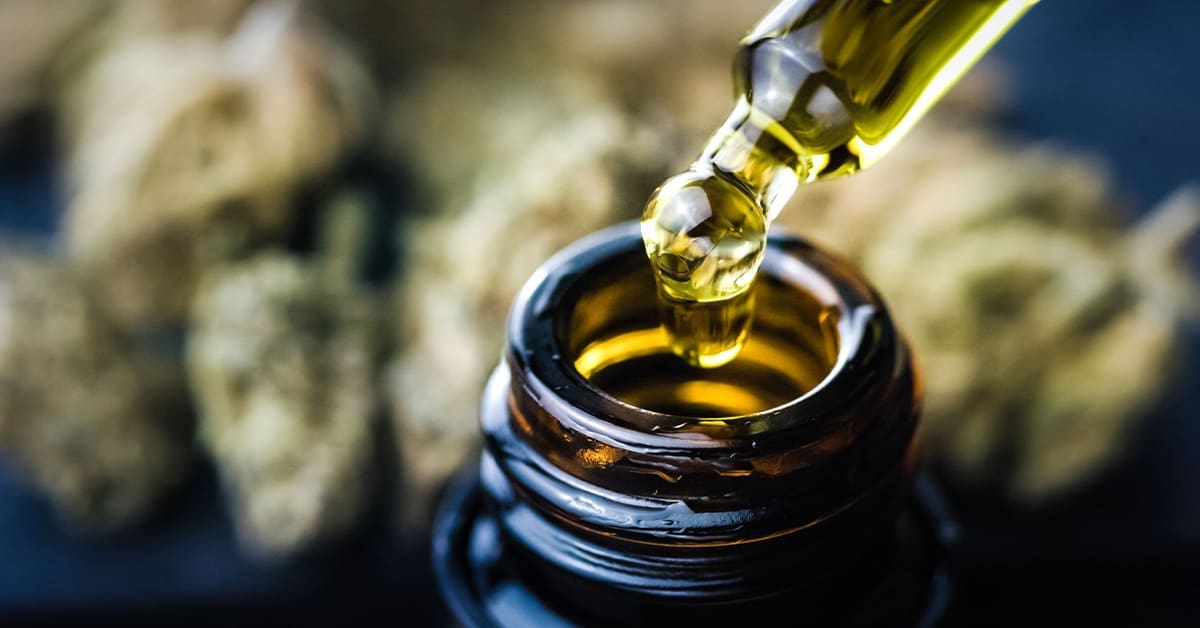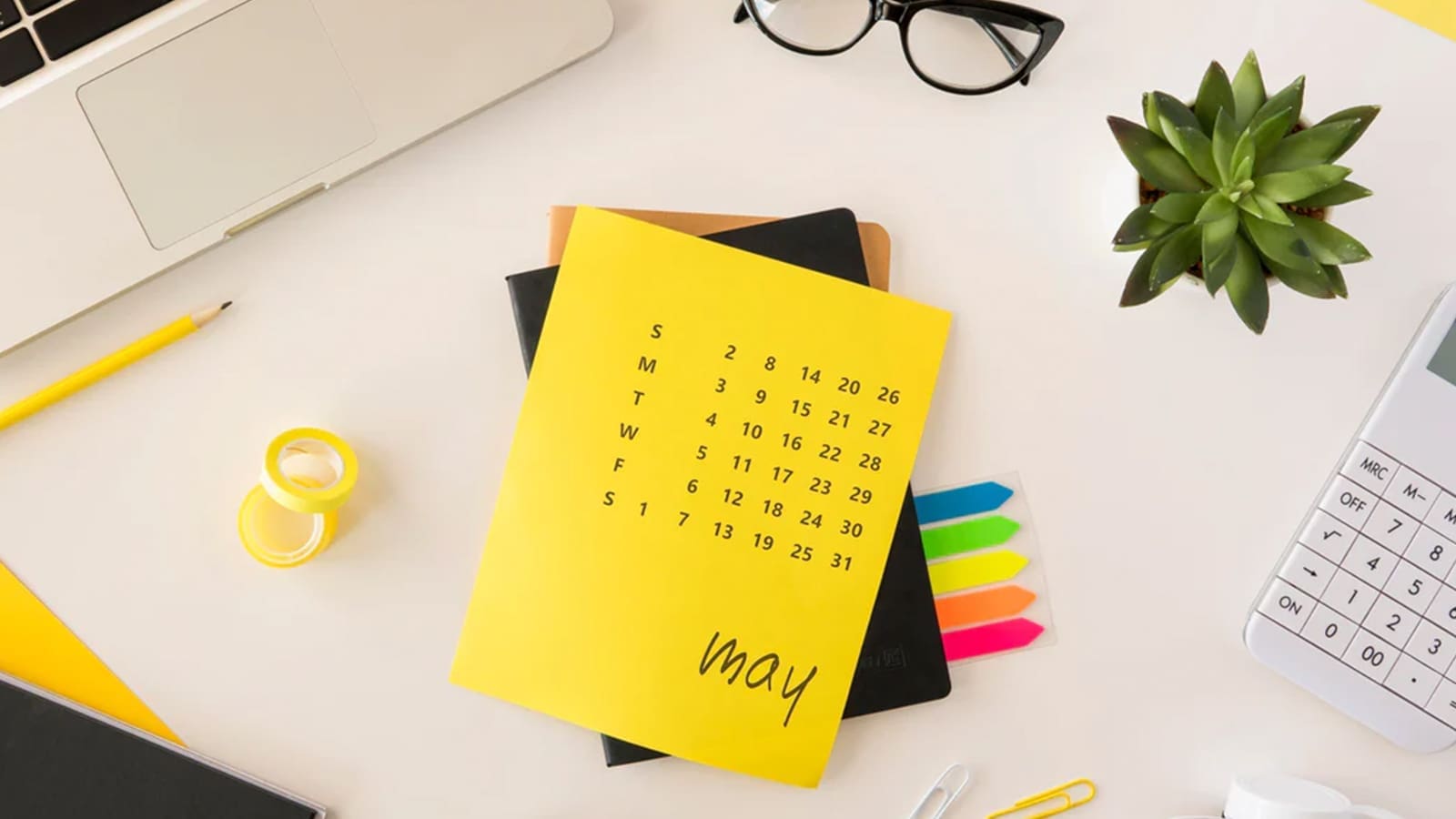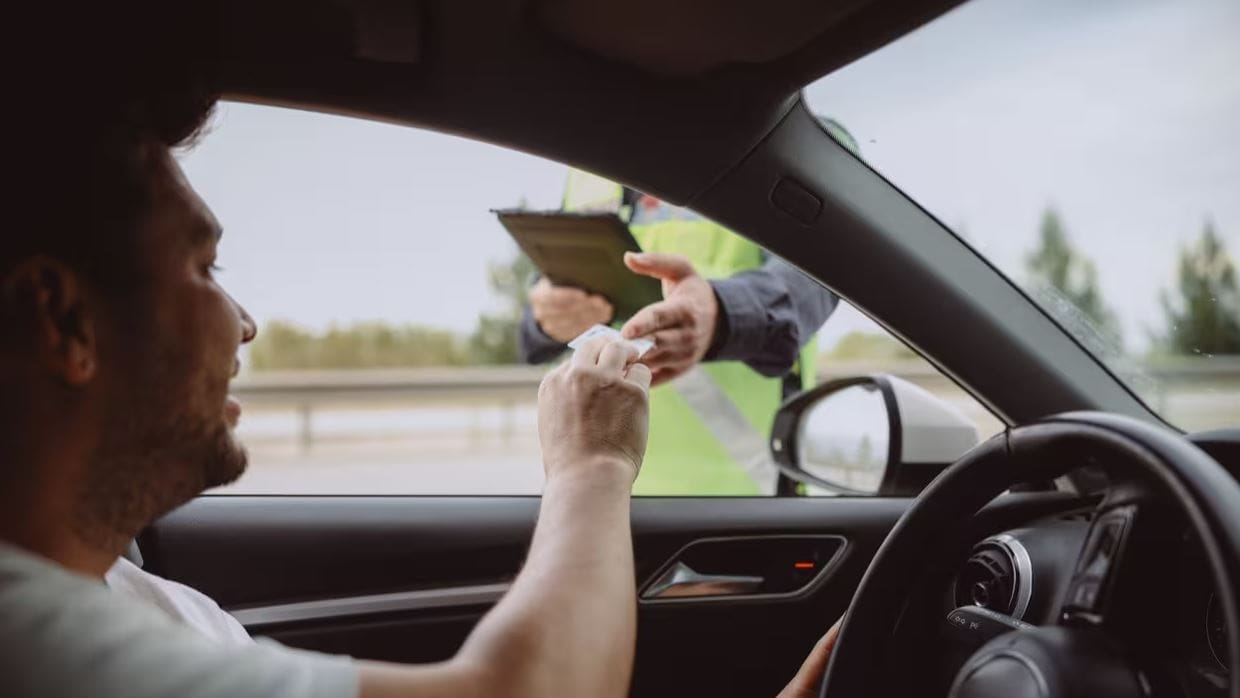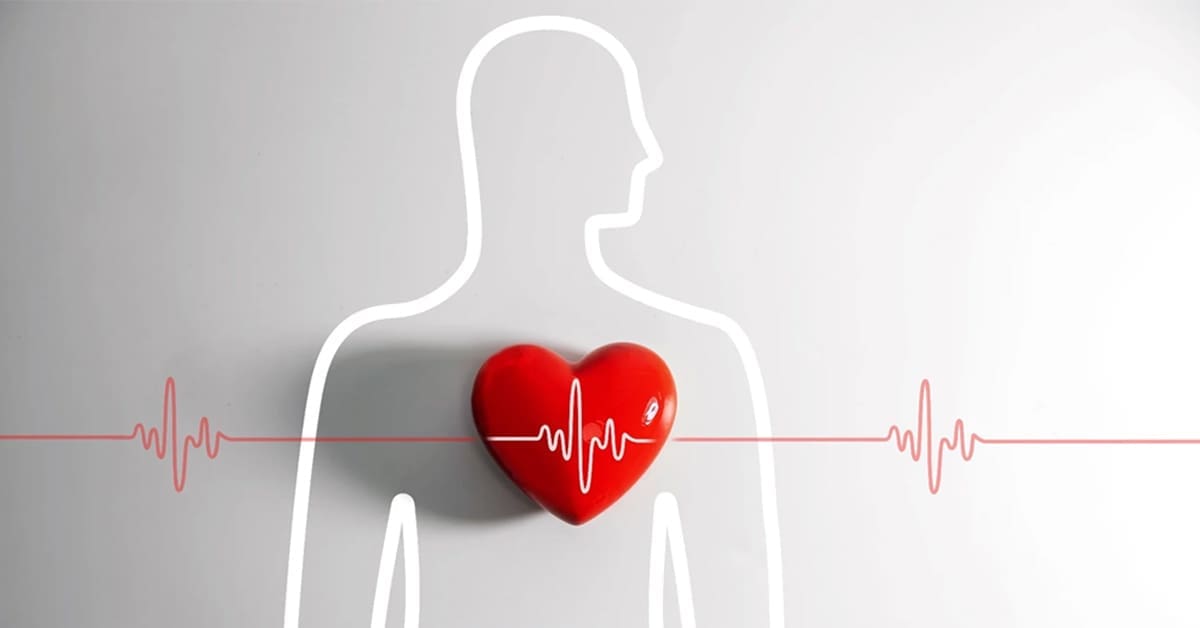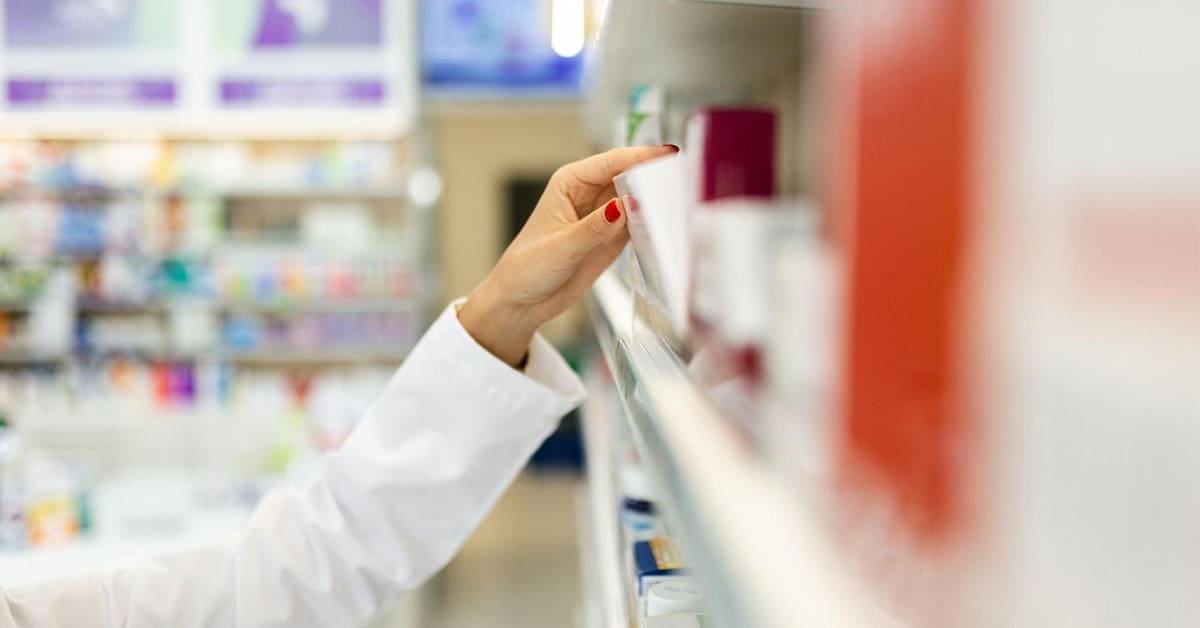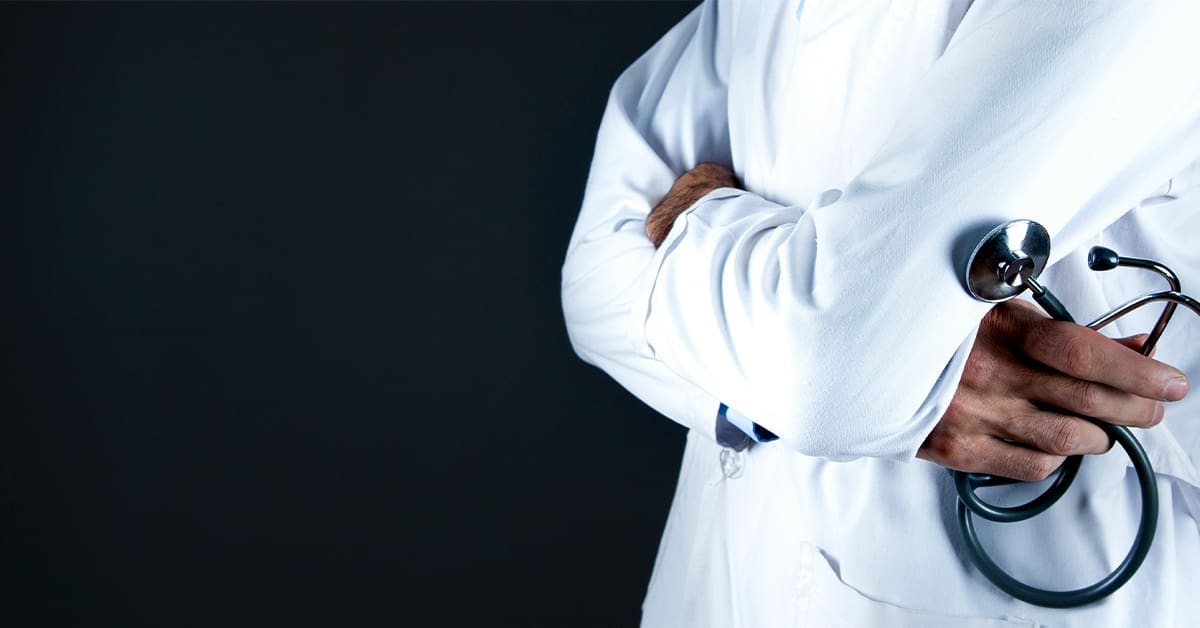Addiction isn’t abstract — it’s right here in New Zealand.
It’s the dad who has a few too many drinks most nights, the workmate sneaking out for cigarettes at smoko, or the neighbour still on strong painkillers years after an injury. I see these stories every week in clinic.
Alcohol, nicotine, opioids — the substances may differ, but the pattern is the same. Cravings creep in, sleep goes out the window, stress builds, and before long life feels smaller and harder to manage.
In my role as a prescribing doctor, and now Chief Medical Officer at CannaPlus, I’ve been working with medicinal cannabis for over five years. If there’s one thing that’s stood out, it’s this: CBD oil doesn’t “cure” addiction — but it can tilt the balance back in a patient’s favour.
The Reality in New Zealand
The numbers tell the story:
• Alcohol: Nearly 1 in 5 adults drink in a way that’s classed as hazardous. That’s around 700,000 New Zealanders.
• Smoking: About 12% of adults still smoke daily. Tobacco kills around 5,000 Kiwis every year — more than car crashes, suicide, and drugs combined.
• Opioids: In 2021 alone, more than 200 New Zealanders died from opioid overdoses. Most of them started on prescriptions after surgery or injury.
Behind every statistic is a person who wants to stop but feels stuck.
What CBD Can Offer
CBD is not addictive, and unlike THC, it doesn’t create a high. Instead, it works quietly in the background on the systems that drive relapse:
• Cravings feel less urgent.
• Anxiety softens.
• Sleep steadies.
• The brain gets space to reset.
For many of my patients, it’s the first tool that helps them feel like they’re not fighting uphill every single day.
Opioid Dependence: A Heavy Burden
Opioid dependence is one of the hardest challenges I see. For most, it didn’t start with “drug use” — it started with a prescription. A hip replacement, a back injury, a bad accident. The pills work for the pain, but months later, people can’t get off them.
I’ve had patients tell me:
“I hate how these pills run my life, but I don’t know how to stop.”
This is where CBD has shown promise. Studies back it — CBD reduces cravings and lowers the stress that drives people back to opioids. In practice, I’ve seen it help patients tolerate tapers that once felt impossible. It doesn’t erase all the discomfort, but it makes it manageable. And that’s often the difference between giving up and getting through.
Patient Stories
• The smoker who finally quit: A man in his early 40s, a pack-a-day smoker since high school. He’d tried patches, gum, even prescription tablets. Nothing stuck. With CBD oil, he told me it felt like “someone finally turned the volume down on my cravings.” Within three months, he’d gone from 20 cigarettes a day to zero.
• The wine that turned into a bottle: A woman in her mid-50s came to me worried that her nightly glass of wine had become a bottle most evenings. She wasn’t sleeping, and her mornings were full of guilt. With CBD, her sleep stabilised, and her evening irritability eased. That gave her the stability she needed to cut back gradually.
• The painkiller trap: A man in his 60s had been on strong opioids for more than a decade. Every time he tried to cut back, the withdrawals — sleepless nights, restless legs, agitation — drove him back up. Adding CBD to his taper gave him enough sleep and calm to keep going. Six months later, he was down to a quarter of his old dose.
These aren’t miracle stories. They’re examples of what happens when people finally get a tool that makes change possible.
What the Evidence Says
The research backs what I’ve seen in clinic:
• Smokers using CBD inhalers cut down cigarettes significantly.
• Patients with alcohol dependence reported fewer cravings and better sleep.
• Opioid trials found CBD reduced both cravings and stress responses.
CBD is not a silver bullet. But it’s safe, non-intoxicating, and it gives people the breathing space they need to take back control.
My Take
After three years treating patients at CannaPlus — and five years as one of New Zealand’s earliest medicinal cannabis prescribers — here’s what I’ve learned:
• CBD works best as part of a wider plan: counselling, GP support, whānau backing.
• It doesn’t do the work for you — but it makes the work possible.
• Crucially, patients don’t feel like they’re swapping one dependency for another.
Final Thoughts
Addiction steals confidence, fractures families, and burdens our communities. But recovery is always possible.
CBD won’t solve everything. But for many New Zealanders, it’s the first tool that’s helped them calm cravings, steady sleep, and finally step towards a life that feels free again.
Disclaimer: This article is not sponsored by any pharmaceutical company. It reflects my experience as Chief Medical Officer at CannaPlus, and as one of the earliest medicinal cannabis prescribers in New Zealand. If you’re considering CBD as part of an addiction treatment plan, please speak with your healthcare provider.
